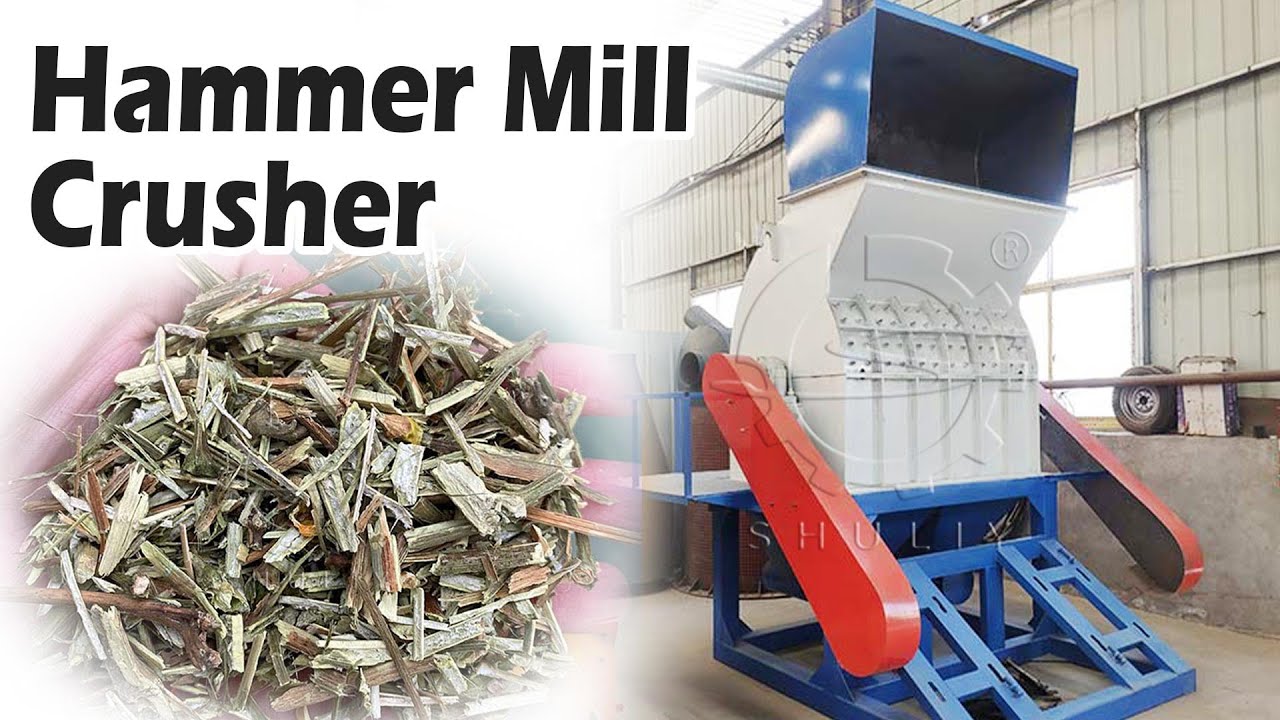Crusher hammer mills are working machines that grind, crush and break down hard materials such as stones, wood and scraps of metals. These machines are dependent on powerful and robust teeth to deal with hard hits and wear on a daily basis. As time passes, the teeth become worn and their performance is slowed, the cost of maintenance is increased, and the machine's lifespan is shortened. Many manufacturers currently use carbide mulcher teeth. These teeth are manufactured using tungsten carbide and one of the hardest materials in industrial tools. However, not every carbide tooth is identical. The design quality, shape and material of the crusher hammer mill significantly vary in terms of the performance of the crusher and the durability of the crusher. Understandably, different carbide teeth will be used in a hammer mill in order to provide good crushing power that is strong, steady and reliable.
Why the Right Teeth Matter
Hammer mills operate by hitting materials very fast in order to fragment them. Each beat saves the teeth of the hammer a little bit. This wears over time, and crushing power and efficiency become diminished. Depending on the dullness or the damage of the teeth, the machine requires a lot more energy to perform the same task, and the quality of the crushed material decreases. The appropriate carbide teeth can resolve this problem. The quality carbide tips are much more resistant to wear, heat and pressure than normal steel teeth. They have a longer duration before they rank stale, and even when the working conditions are harsh, the hammer mill can continue operating without a break. The correct choice of carbide teeth will make the hammer mill operate longer, incur fewer maintenance costs, and increase the total life of the machine.
Understanding Tungsten Carbide
Tungsten carbide is a substance that is a product of tungsten and carbon. It is characterized by its excessive hardness, toughness and wear resistance. This has made it suitable for heavy-duty crushing machines, such as hammer mill teeth. In a crusher, tungsten carbide is attached to a hard steel base. The steel offers elasticity and sustenance, whereas the carbide does the gruesome task of cutting and crushing. When adequately bonded together, the two materials form a tool that can be used to hit a number of times without breaking and losing its cutting edge due to its durability. The tungsten carbide can be used in other tough environments like mining, quarrying, and land clearing. The carbide material has a high strength that enables the hammer mills to be more effective in crushing harder materials with low maintenance requirements.
Types of Carbide Mulcher Teeth
Carbide mulcher teeth are available in various types depending on the usage and the type of material to be handled. Others are designed to be used with softer materials such as wood or soil, and others are what is used with hard materials such as rocks, concrete and scraps of metal. In heavy crushing, it is better to use teeth that have high-grade tungsten carbide tips. These are new and have a hard outer coat, which makes them wear-resistant, and a powerful steel core, which absorbs shock. They are also combined to enable the teeth to deal with impact as well as abrasion, and some are also heat-treated in order to enhance hardness and toughness. The heat treatment process also makes the metal structure remain strong even in the presence of high temperature, which occurs during crushing. Another consideration that can influence this is the tooth tip design, which will provide the teeth with a longer service and a more predictable performance. The pointed tips are useful in cutting wooden and soft materials, whereas the flat or rounded tips are useful in breaking rocks and stones. When selecting the shape, one should have smoother crushing and avoid unwarranted strain on the machine.
Conclusion
Choosing a crusher hammer mill does not only require the hardest material to buy the best carbide mulcher teeth, but they also need to determine the hardness, toughness, and fit that will work out. High-grade carbide teeth with good heat treatment, good bonding and high-grade bases are the most effective in handling heavy crushing jobs because they help in maintaining constant output, low maintenance payments, as well prolonging the life of the hammer mill. It makes no difference whether in the mine, the building, or the fields, that the teeth of the carbide Mulcher are of high quality, and well fitted to the machine, because in that case, they are capable of many years of service, at the most efficient work of the saw.


